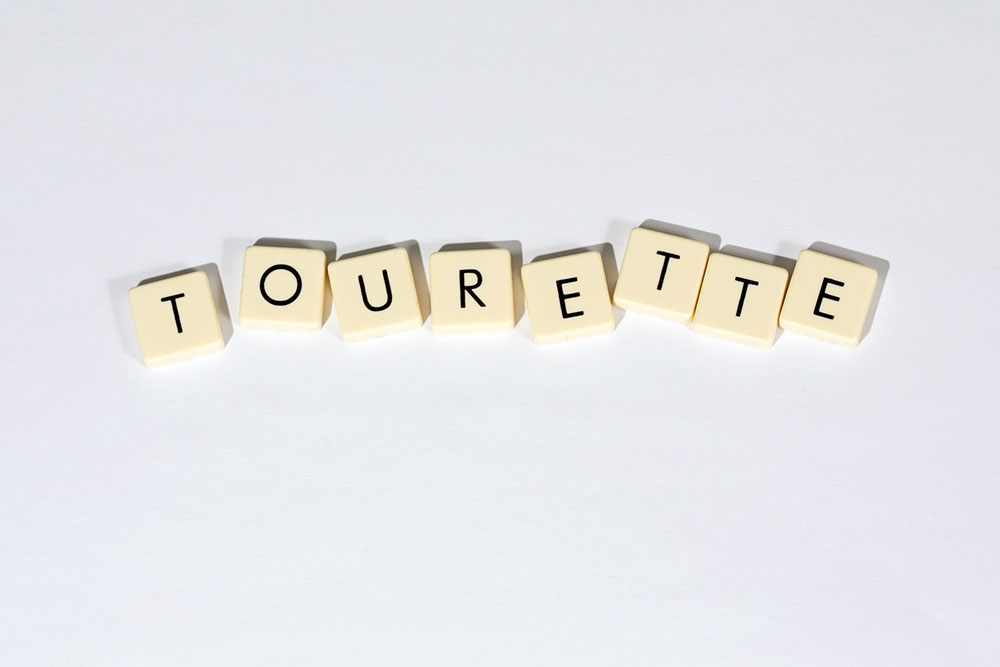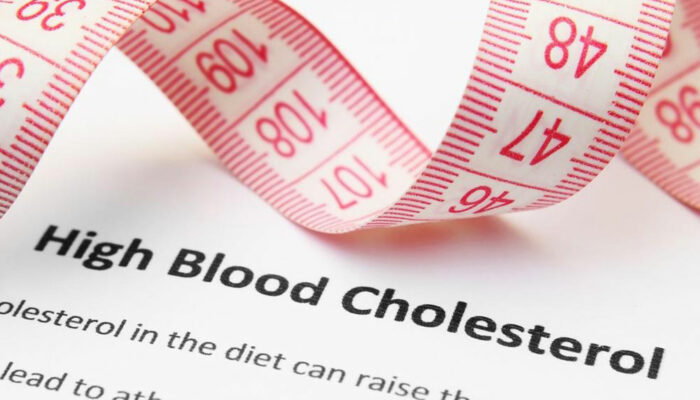
4 treatment methods for Tourette syndrome
Named after Dr. Georges Gilles de la Tourette, Tourette syndrome is a neurological condition that affects the nervous system. It is characterized by involuntary movements and speech that are repetitive. These movements cannot be controlled and are commonly known as tics. The condition can typically be noticed during one’s early childhood, and the onset may be recorded between the age of 3 and 9 years.
A very large population around the world suffers from full-blown Tourette syndrome; however, there are more recorded cases of the milder form of the condition. Moreover, boys are more susceptible to the disorder than girls. While the chronic condition exhibits symptoms that can last for a lifetime, they may become much more extreme during early teenage years. Some of the more complex symptoms include sniffing, throat-clearing, barking, grunting, and jumping. The more disabling and worry-inducing tics include self-harming by punching oneself, echolalia and coprolalia. Tics usually get better when the individual is calm and engages in focused activities.
Diagnosis and treatment methods for Tourette syndrome
There are no specific tests that can effectively diagnose the condition. The diagnosis process is usually undertaken after evaluating the different signs and symptoms experienced. The criteria used includes the presence of motor and vocal tics, presence of tics before the age of 18, and change in tics over frequency, location, and type.
Tourette syndrome cannot be cured. Treatment methods are employed as a way to control and manage the symptoms. Some of the commonly used forms of treatment include:
Medication – Medications are used as a way of reducing the effects of the symptoms and controlling the tics. Medications include haloperidol, pimozide, and risperidone to control the tics. They bring about some changes but can cause side effects such as weight gain. The affected muscles may also be injected with botulinum to relieve tics that are vocal and simple.
Behavior therapy – Behavior therapy involves effective monitoring of tics. It is habit-reversal training that enables one to identity urges, while controlling the same to move in a way that is not compatible with the tic.
Psychotherapy – Psychotherapy helps one cope with the disorder and the issues that accompany the condition. These include anxiety, obsession, ADHD, and depression. It has been found that psychotherapy successfully helps patients in dealing with the different effects that are associated with the condition.
Deep brain stimulation or DBS – In some cases, the tics may be very severe, and the different forms of treatment do not work. This is where deep brain stimulation is employed. It involves the implantation of a battery-operated medical device in the brain that delivers electrical stimulation to areas that control the different movements. The stimulation technique is still under research and is being evaluated for its effectiveness and safety.
Tourette syndrome can immensely affect one’s self-esteem. The occurrence of tics can cause embarrassment and make one reluctant to participate in social engagement. This puts one at an increased risk of depression and substance abuse. It is essential to remember that the tics usually improve as one gets older. Also, educating oneself with coping tips and getting support can aid in more effective management.



